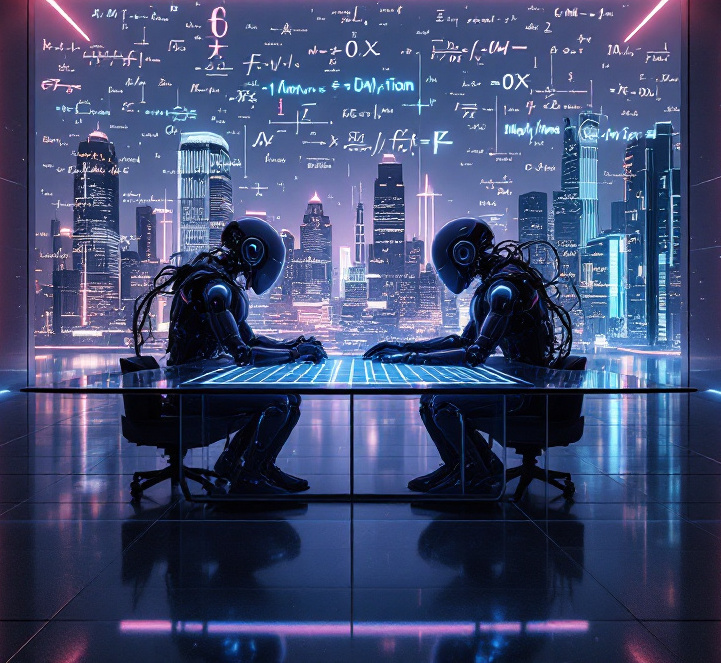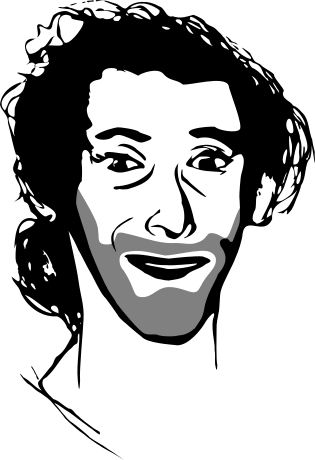
Since 2017, an AI has been defeating the best Go experts, despite the game being particularly challenging. Such “super intelligence” is rare, but it could also emerge in fundamental mathematics.
Note
This post was originally published in French as part of my scientific chronicle in Les Echos.
Imitation is not creation
For several decades, calculators have been better than humans in an intellectual task: mental arithmetic. Yet, we do not call this “super-intelligence.” Probably because it is humans who specified all the rules for these calculations to the machine. Similarly, a computer has a superhuman ability to memorize information exactly, such as numbers, but we do not consider it super-intelligent for that reason. Perhaps this is because it does not teach us anything new. However, in 2017, an AI started teaching the best Go players moves and strategies that no one had ever known. How is this possible? Will AI surpass its creator and become super-intelligent in all fields?
Most recent breakthroughs in AI rely on learning methods where the computer imitates humans. For example, to create computer-vision systems, we provide the computer with many annotated images describing what they represent. Likewise, conversational AIs learn by training to complete examples of text. Under these conditions, it is difficult for AI to surpass its creator.
When AIs invent
But AlphaZero, the AI champion in Go, operates on a different principle: reinforcement learning. Here, the AI takes actions –moves in the game of Go– and receives a “reward” if it wins the game. Through countless games, it optimizes its strategies to maximize rewards, including exploring new strategies. AlphaZero trained by playing tens of millions of games against itself. This is how the AI was able to create new strategies, unrestricted by human knowledge.
Such learning, based on millions of trial-and-error attempts, does not apply to all problems –it requires the ability to perform rapid experiments, like in a computer game, which remains the only domain where a true super-intelligence has been achieved. However, there is hope in mathematics, another intellectual game.
Indeed, progress in generative AI for language –that power tools such as ChatGPT– can be applied to mathematical proofs, which consist of sequences of symbols. Trained on numerous proofs, an AI can learn to complete partial proofs. However, such a generative AI will produce sequences without guarantees of mathematical validity. Another tool, using proof-verification techniques based on symbolic AI, can then filter out only the correct sequences, giving a “reward” signal. Reinforcement learning finally comes in, using its exploration schemes to maximize this reward and discover new valid proof steps.
This is how, in July 2024, the AlphaProof AI won a silver medal at the International Mathematical Olympiad. Further progress may eventually lead to “super-intelligence” in mathematics. However, we are still far from general super-intelligence, as, both in Go and mathematics, progress is made possible by the ease of verifying whether one has “won” or not.
AI chronicles
Find all my AI chronicles here
The goals of these “AI chronicles” is to introduce concepts of AI to a broader public, staying at a very very high level.
